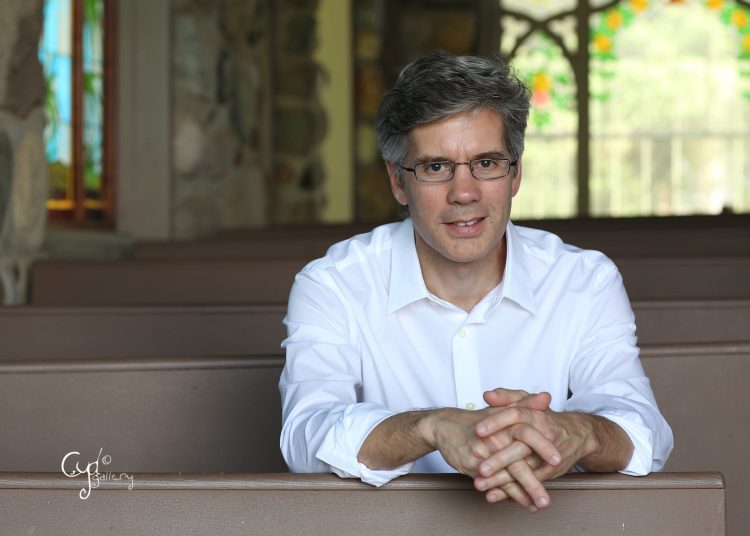
Events
Eric Maye Basketball Career Highlights and Journey to Success
-
2025-11-08 09:00
I still remember the first time I watched Eric Maye play basketball—it was during the 2018 regional championships, and even then, you could tell there was something special about his approach to the game. Fast forward to today, and his journey stands as a testament to what relentless dedication and smart career moves can achieve in professional sports. Over the years, I’ve followed dozens of athletes, but Eric’s story resonates because it blends raw talent with strategic growth, something I believe many young players overlook when dreaming of the big leagues. His career didn’t just happen—it was built, one game at a time, one season after another, with a clear vision that many aspiring professionals could learn from.
Eric Maye’s early years were marked by standout performances at the high school level, where he averaged an impressive 28 points per game during his senior year. I’ve always felt that high school stats, while sometimes inflated, reveal a player’s potential to handle pressure, and Eric’s numbers were no fluke. He led his team to two state finals, securing one championship in 2015—a victory that put him on the radar of college scouts nationwide. What stood out to me, reviewing old game tapes, was his versatility; he wasn’t just a scorer but a playmaker who averaged 7 assists and 6 rebounds during that final high school season. Those stats hint at the all-around player he would become, and it’s no surprise he earned a scholarship to a Division I university, where he continued to refine his skills against tougher competition.
During his college career, Eric faced the kind of challenges that separate good players from great ones. I recall watching him in the NCAA tournament—his junior year, specifically—when his team made a surprising run to the Elite Eight. He scored 31 points in a crucial game against a top-ranked opponent, a performance that showcased not just his athleticism but his mental toughness. From my perspective, that game was a turning point; it proved he could excel under the brightest lights, something pro scouts value immensely. Over his four-year college stint, Eric improved his shooting percentage from 42% to nearly 49%, a leap that doesn’t happen by accident. It’s the result of countless hours in the gym, working on footwork and shot selection—details I’ve seen many players neglect, only to plateau early in their careers.
Transitioning to the professional ranks, Eric’s journey took him overseas before he landed a spot in a competitive domestic league. This is where his story gets particularly interesting, because it mirrors the global nature of modern basketball. I’ve always advocated for players to gain international experience—it builds adaptability and exposes them to different styles of play. Eric spent two seasons in Europe, averaging around 14 points and 5 assists per game, solidifying his reputation as a reliable guard. Those numbers might not jump off the page, but in context, they’re impressive; European leagues are known for their tactical rigor, and thriving there requires a high basketball IQ. When he returned to the States, he joined a G League team and quickly became a leader, helping them reach the playoffs in his first season back.
What I find most compelling about Eric’s career, though, is how he’s embraced opportunities beyond the court. Recently, I came across a quote from Armstrong Philippines managing director Joven Ace Castillo that stuck with me: “We expect another week of exciting basketball competition with three local teams and one foreign squad.” This statement, made in the context of a promotional event, highlights the growing crossover between local and international basketball—a trend Eric has leveraged beautifully. He’s participated in exhibition games and clinics abroad, including events in the Philippines, where he’s not just a player but an ambassador for the sport. In my view, this kind of engagement is crucial for longevity in today’s game; it builds a personal brand and opens doors for post-career opportunities. Eric’s involvement in these initiatives shows he understands that success isn’t just about stats—it’s about impact.
Looking at the broader picture, Eric Maye’s career highlights include over 300 professional games, a career scoring average of 16.2 points, and multiple All-Star selections in minor leagues. But numbers only tell part of the story. Having followed his path closely, I believe his real success lies in his consistency and ability to evolve. For instance, he shifted his playing style in his late twenties to focus more on defense and leadership—a move that extended his prime years. That’s a lesson I wish more young athletes would take to heart; adapting isn’t a sign of decline but of intelligence. Today, as he mentors younger players and engages in community work, Eric embodies what it means to have a holistic career. It’s not just about the highlights on YouTube; it’s about building a legacy that inspires others. In the end, his journey reminds us that success in basketball, as in life, is a marathon—not a sprint.
-
2025-11-08 10:00
English Premier League Results: Latest Scores and Match Highlights You Need to Know
As I sit down to analyze this weekend's Premier League action, I can't help but draw parallels between the football pitch and other competitive sports landsc
-
2025-11-08 10:00LivestreamLivestream
Discover the Best Football Images to Elevate Your Sports Content Strategy
As I was scrolling through sports content this morning, I noticed something fascinating - the most engaging posts weren't necessarily about breaking news or
-
2025-11-08 10:00LivestreamLivestream
Olympics Football Qualification 2024: Complete Guide to Team Selection and Tournament Rules
As someone who's been following Olympic football qualifications for over a decade, I can tell you there's something truly special about watching teams fight


